Comments (2)
Hannah Weaving
Much needed post, thank you so much.
Emily Bosma
Whenever I am depressed, I go out to the gym and I feel much better afterwards.

Are you looking for ideas how to beat depression? There are many interventions for depression that can help. Don't let your brain trick you into thinking it will never get better and that you will always feel this bad. This isn't true! You may not believe me but I see people get better all the time! Instead of staying in bed or giving up, incorporate these treatment tools for depression and start on your path to recovery. The more you use coping strategies for depression the quicker you will feel better.
I have compiled a list of 11 effective ways to help depression. The more tools for depression that you can use the better you will feel. Sit down and go through every coping strategy for depression that I have listed. Find a way to incorporate them into your life today. Make a commitment to yourself, write out a plan of action, and get started right away.
These self-care commitments to yourself need to be non-negotiable and done every day.

Get enough rest. Focus on getting restorative, quality sleep. Even for someone without depression, it is hard to feel upbeat when sleep deprived. It is even more important to get adequate sleep if you are depressed. Sleep disturbances are, unfortunately, common in depression.
Insomnia or Hypersomnia?
Some people with depression have trouble falling asleep, staying asleep, or find themselves waking really early in the morning. On the flip-side, people can also have hypersomnia which means they sleep too much. This isn't great either! We are hoping for as close to a "happy medium" as we can get to help improve sleep and mood.
Tips on how to sleep better
If you are struggling with sleep, read these posts I wrote for additional tips on how to sleep better:
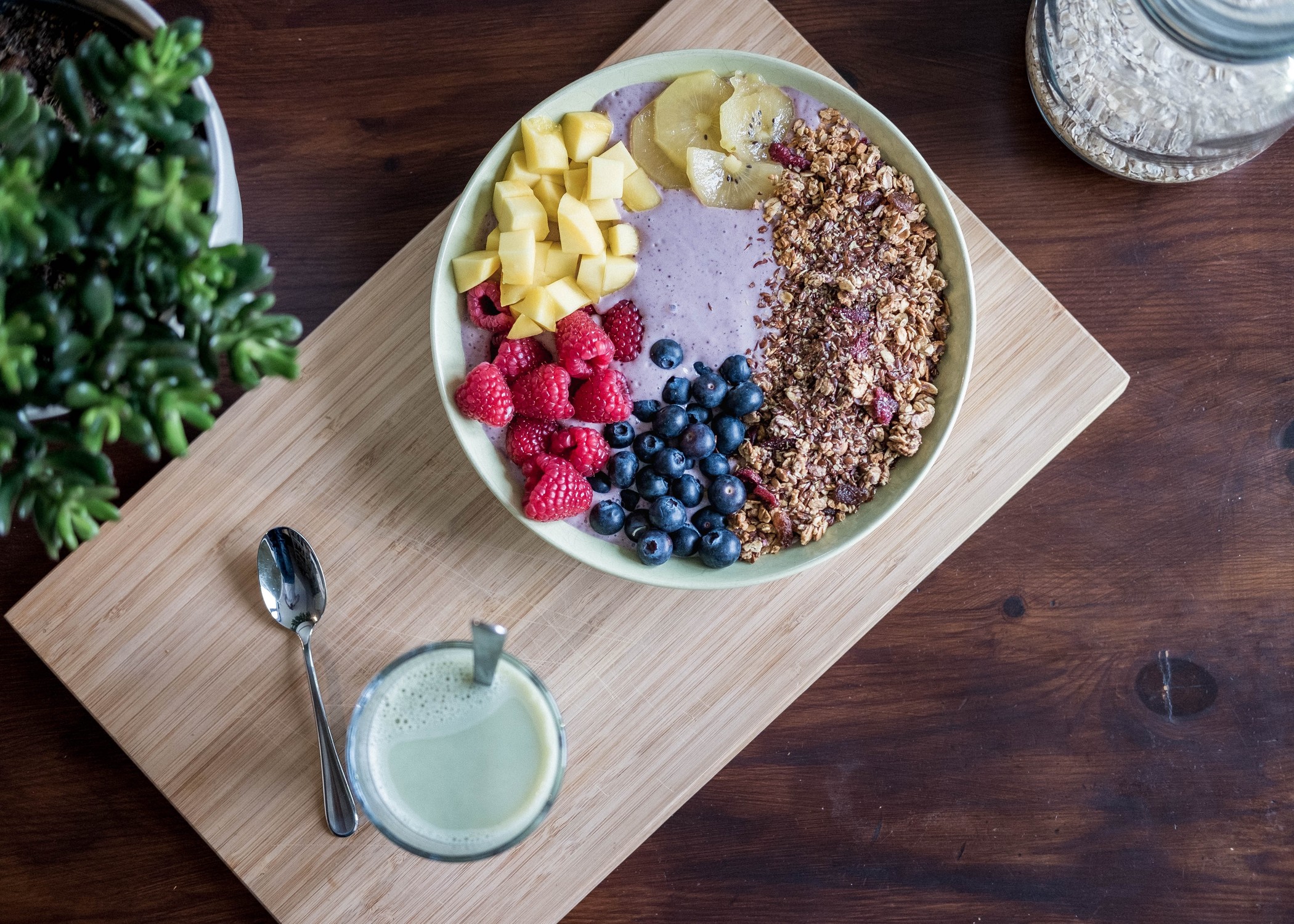
Eat healthy and nourishing foods. Sometimes people use food as a way to self-soothe and distract from painful feelings but that never works out well in the end. The cycle of stuffing emotions feeds into negative self-worth.
Carrots for comfort?
When people attempt to stuff emotions with food it isn't generally by eating extra carrots. So-called "comfort foods" are generally highly processed and have no nutritional value. Sugary snacks and baked goods lead to a crash in mood and energy. These are not foods that make a body feel strong and healthy.
Using food as an attempt at self-soothing can result in unwelcome weight gain. As weight goes up, a person with depression may loathe themselves more, continuing to be immersed in a negative cycle of feeling weak and like a failure.
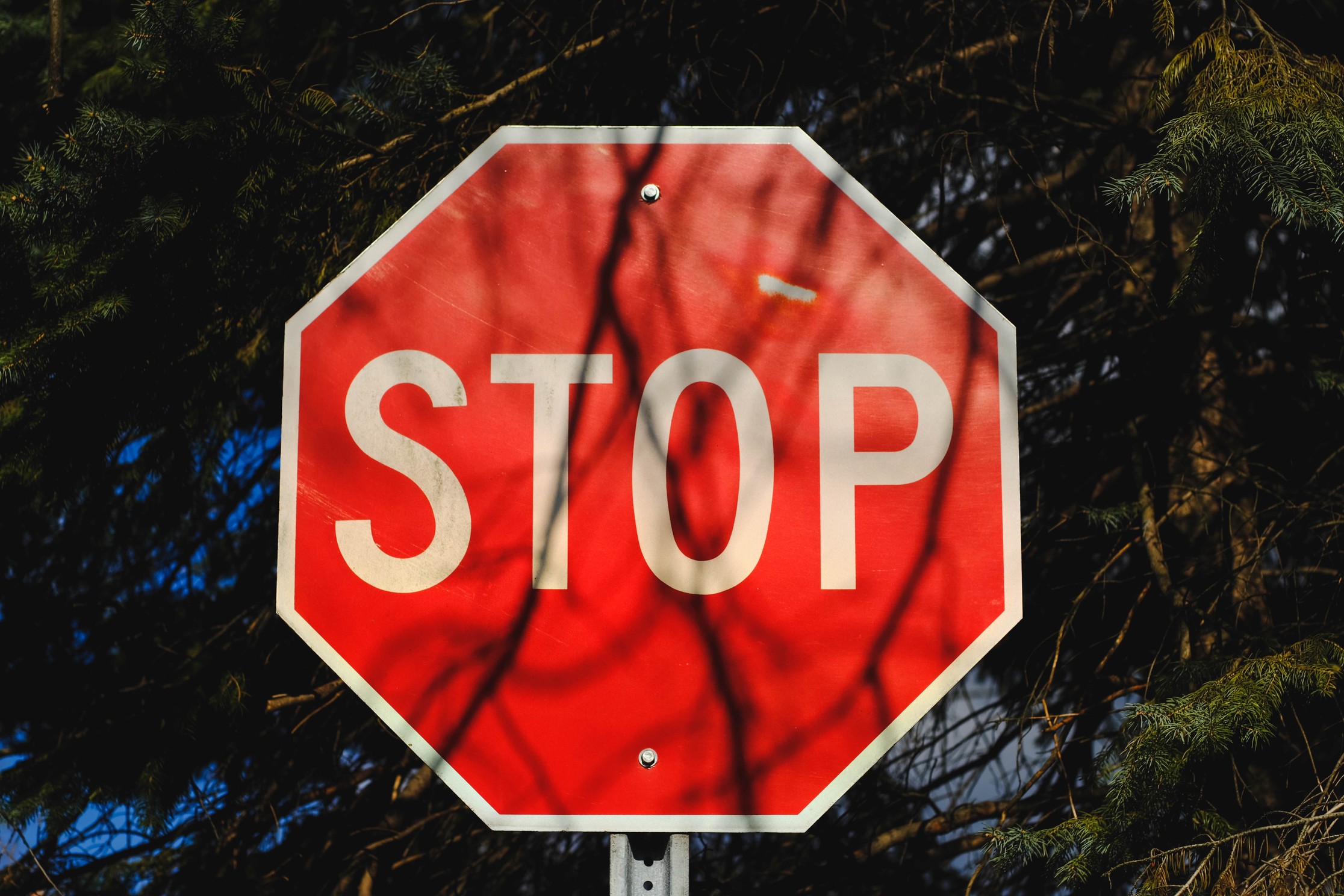
Avoid things that make depression worse. Alcohol is a depressant. This is worth repeating: ALCOHOL IS A DEPRESSANT!!!!! It will make you feel worse and will make it harder to recover. It will also negatively affect your sleep further depleting your emotional reserves (read my post The Truth About Alcohol and Sleep).
Drugs don't help you feel powerful or in control of your life. Drugs don't solve anything and only allow you to temporarily escape yourself. What happens after they are out of your system? Do you feel better? Do you feel more hopeful about your future and your ability to recover from depression? I can guarantee the answer is "No".
Instead of reaching for something outside of yourself to escape bad feelings, look for answers within. Don't continue to give yourself the messages that you can't feel better on your own because you can.
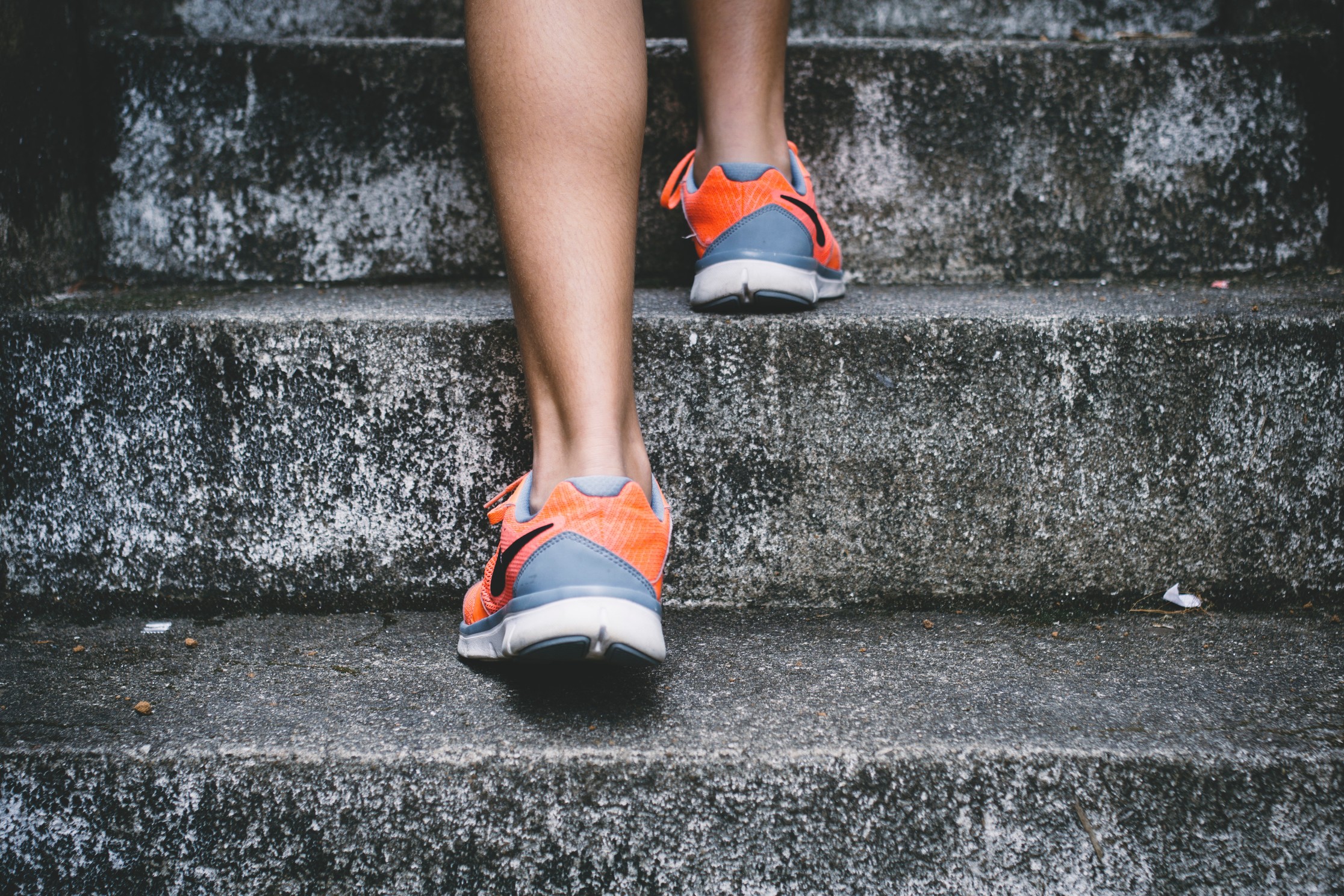
I have written 3 posts on how to treat your depression with exercise. Exercise is a powerful and extremely effective method to help yourself feel better. Exercise doesn't have to mean running 10 miles each day. Small amounts of exercise can make a difference in depression. Even 1 hour per week of exercise can help prevent and treat depression! Exercise will help you recover.
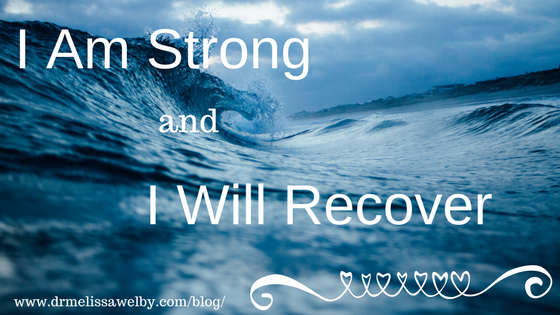
Mantras can be powerful reminders to yourself about what you want to focus on. They can help shift your thoughts from the negative to the positive. Positive thoughts help breed positive feelings and the opposite is true also: negative breeds negative.
Read my post 30 Powerful Mantras to Fight Off Depression which will give you examples of mantras to get you started.
Cognitive distortions will try to trick you!
Depression causes "cognitive distortions" which are thoughts that distort reality, aren't true, and make you feel bad. Cognitive distortions reinforce negative thoughts and emotions so it is important to recognize and interrupt these patterns by doing things like mantras (and therapy too). This post explains different types of cognitive distortions.
Focus your thoughts on what you want for yourself and not on what feels bad. You don't need to believe a mantra to say it. Over time, you will start to internalize these positive messages.

Relaxation, mindfulness, and meditation are tools that can help with stress management, negative thoughts, and centering yourself by bringing you back to the current moment. I explain several of these techniques in my post 5 Ways to Stop a Panic Attack
On my resources page, I have listed several apps and links that are great for meditation and mindfulness.

If you would say yes to something if you weren't depressed than it is a good idea to do it when you are depressed- even if you don't want to. Acting (or choosing to do things) as if you aren't depressed can cause a shift in your outlook and actually help you not be depressed!

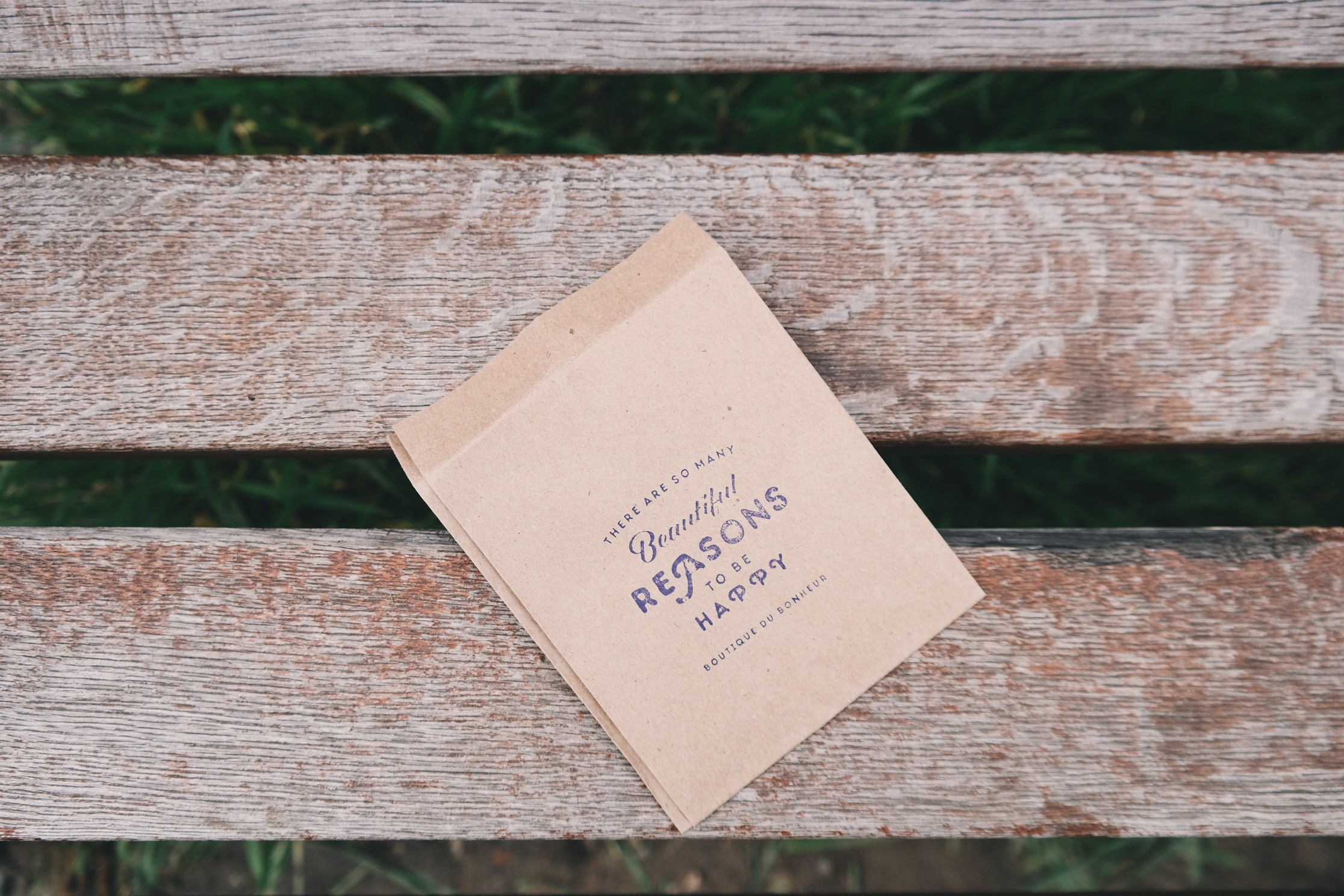
It is hard to work through all of these negative and painful feelings on one's own. Your brain is depressed so how is it supposed to be a neutral party that helps you feel better?
Recovering from depression takes support. Friends and family can be wonderful but it is not the same as going to therapy. A therapist is trained in particular techniques that can treat depression and their goal is to help you recover and feel like yourself again.

Antidepressants may be a necessary tool to get yourself feeling better. If you have moderate to severe depression it may be difficult to recover fully without treatment. Discuss with your physician if antidepressants are indicated for you.
If you do take an antidepressant, this will be one part of treatment but not the whole treatment. Antidepressants frequently give a partial recovery but not a full resolution of symptoms. Too often people (and doctors too!) forget that there are other essential things that need to be done to help you recover fully.
If you are considering starting an antidepressant make sure you read my posts full of information on how to choose an antidepressant, side effects to expect, and 2 common mistakes to avoid.
Now you have 11 treatment and coping strategies for depression management. It may take using more than one of the treatment tools for depression but you can recover. Interventions for depression are effective but you need to use them consistently. Depression is treatable and people heal (read this wonderful post about one doctor's story of recovery). Don't let your brain trick you into thinking you will always feel this bad.
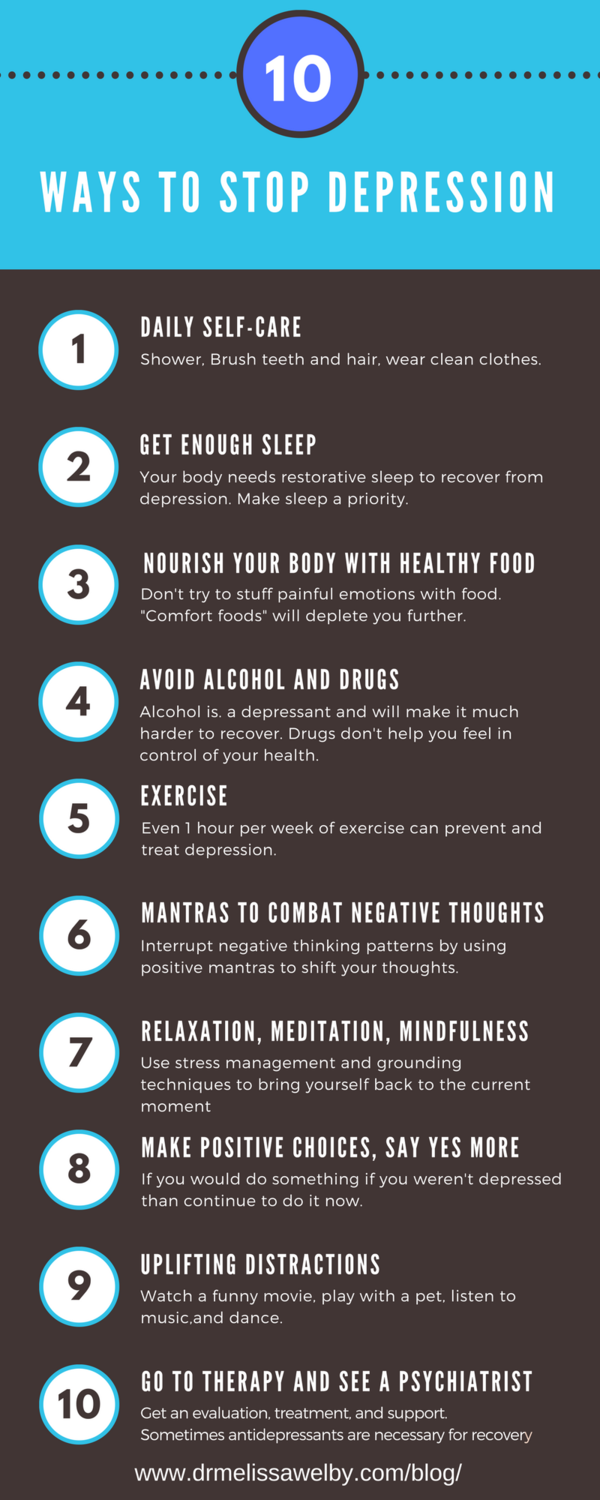
There is hope even if you aren't convinced it will work. It is certainly not easy, but with treatment, I see people with depression recover and lead healthy, satisfying, and enjoyable lives. Believe in yourself and in your strength to persevere and get better.
It goes without saying that if you can't keep yourself safe and are contemplating suicide that you need to reach out for help. Go to your doctor, go to the emergency room, if you are in the US call the suicide helpline at 1 (800) 273-8255. There are lots of people that want to help you.
A version of this article first appeared here.
Much needed post, thank you so much.
Whenever I am depressed, I go out to the gym and I feel much better afterwards.
Dr. Melissa Welby is a psychiatrist that participates in people’s process of discovery, empowerment, and search for satisfaction and happiness. She treats a variety of illnesses including depression, anxiety & panic attacks, adult ADHD (Attention Deficit / Hyperactivity Disorders), bipolar disorder, OCD (Obsessive-Compulsive Disorder) and borderline personality disorder. She is also the current president of the Connecticut Psychiatric Association.She completed her Internship & Residency at Cambridge Hospital, affiliate of Harvard Medical School, 2000 to 2004. Dr. Melissa Welby is Board Certified in General Psychiatry by the American Board of Psychiatry and Neurology, 2005 to present.
Leave your comments
Post comment as a guest